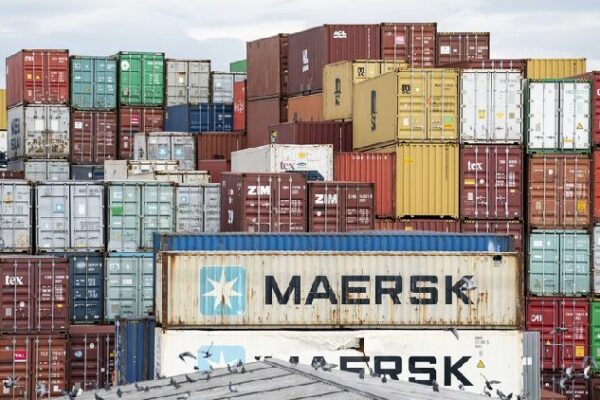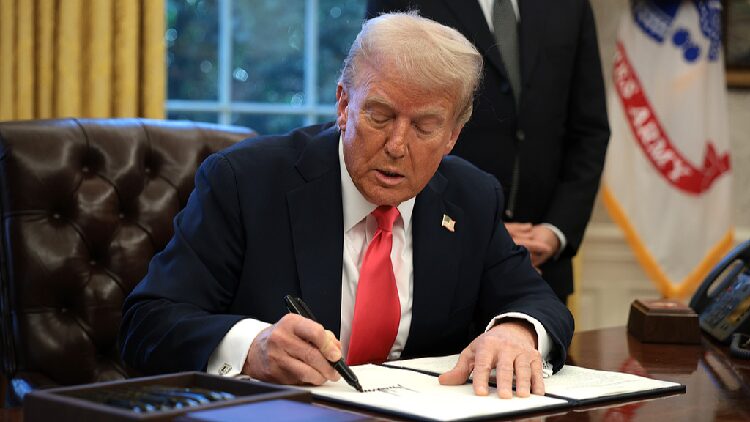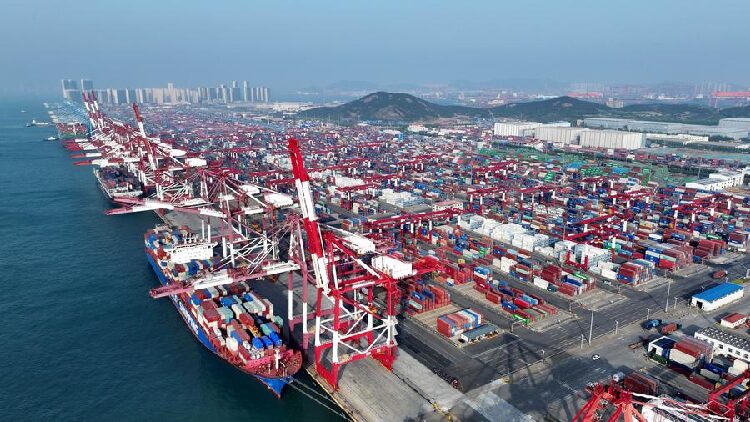The new tariffs proposed by the Trump administration on imports from China could end up hurting the United States more than expected. Experts warn that these policies might trigger a trade war, bringing adverse effects to various sectors of the US economy.
Agriculture Takes a Hit
Studies indicate that the US agriculture, forestry, and fisheries sectors could suffer severe setbacks. With increased tariffs, American farmers might find it harder to export their products, leading to economic strain in rural communities.
Manufacturing Disruptions
Nearly 60% of Chinese exports to the US are intermediate goods—materials and components used in American manufacturing. Industries like automotive, machinery, pharmaceuticals, and electronics rely heavily on these imports. A tariff hike could slow down or halt production, causing shortages and impacting jobs.
For example, China supplies over 75% of vitamins B6, B12, B1, and C used in the US. Without these imports, pharmaceutical companies may struggle to produce essential medications.
Impact on Consumer Goods
The absence of affordable, high-quality products from China, such as clothing, household items, and electronics, could lead to higher prices in US stores. American consumers might face inflation, affecting their standard of living and making everyday items less accessible.
China’s Growing Global Role
While the US grapples with these challenges, China is expanding its trade relationships through initiatives like the Belt and Road and strengthening ties with the Global South. This expansion could help China offset declines in trade with the US, opening new markets and opportunities.
The Bigger Picture
The proposed tariffs might lead to unintended consequences for the US economy, affecting industries, jobs, and consumers. As global trade dynamics shift, it’s crucial to consider the far-reaching impacts of such policies.
Reference(s):
The US will remain biggest victim of Trump's new tariff policies
cgtn.com








